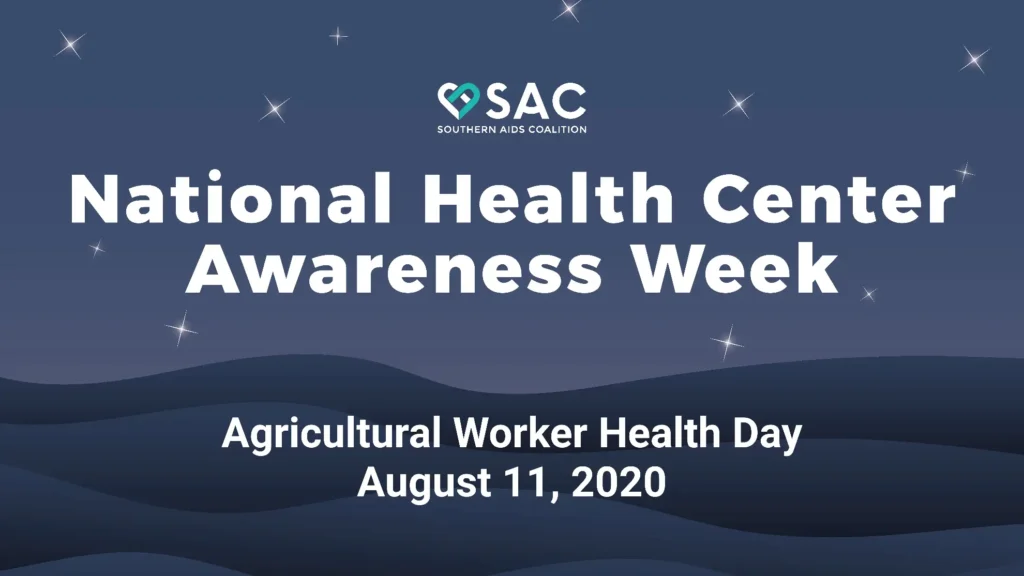As we face this global pandemic, we are seeing more clearly the extent of inequalities in healthcare in this country.
Agricultural workers have always been a population with extremely low access to quality primary health care. This inequality is exacerbated during this pandemic when so many agricultural workers—migrant and seasonal workers—are disproportionately affected by COVID-19. Agricultural workers are considered essential workers and have not stopped working since the pandemic started. Even though agricultural workers are considered essential, their health is not a priority for the government.
Community health centers are so important for agricultural workers because they can receive quality and culturally competent primary health care, and they advocate to improve healthcare access to agricultural workers. The fight to increase access to health care for agricultural workers has been ongoing to several years. The epidemic has highlighted, even more, the importance to increase access to quality health care for this population, which is so essential in the economy and food supply chain of this country.
There is so much more that needs to be done to increase access to care for this population. Policies are needed to increase access to quality primary and preventive care to agricultural workers. Medicaid expansion is necessary to include immigrant families and allow immigrants to sign up for Medicaid before the five-year required time. Agricultural workers’ health needs to be prioritized since they are a population at higher risk for health issues and occupational injuries.
If the country considers agricultural workers an essential workforce, then their health also needs to be a priority. At Southern AIDS Coalition we believe that there is an essential need to improve healthcare access to agricultural workers. Agricultural workers compose of such a high percentage of the workforce in the South, and it is time that their health becomes a priority.



